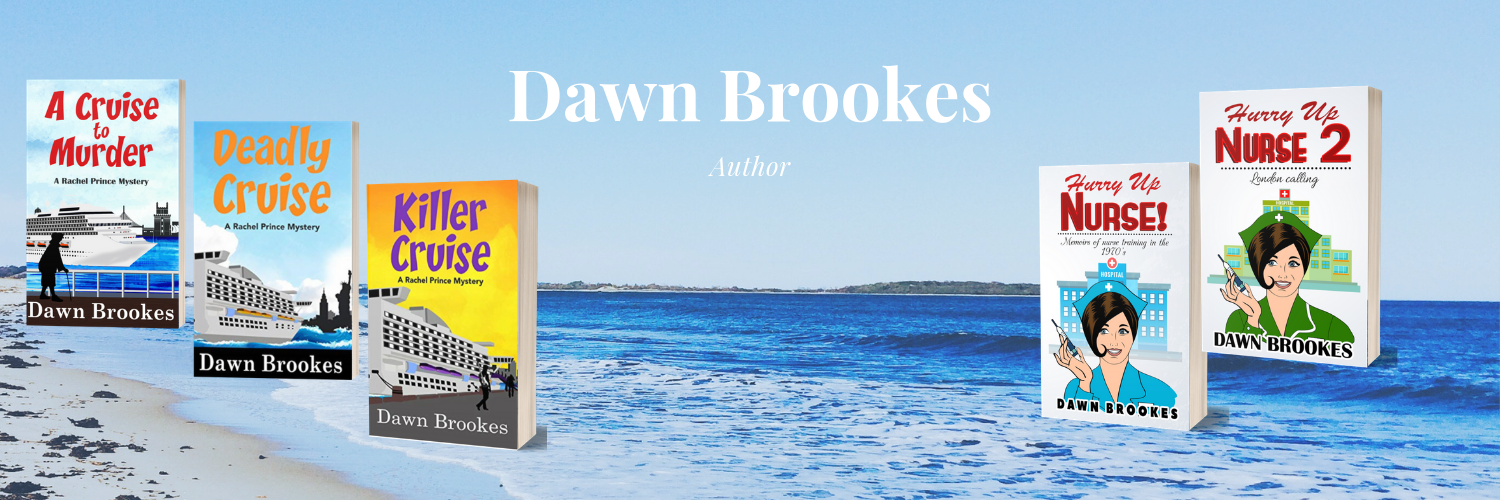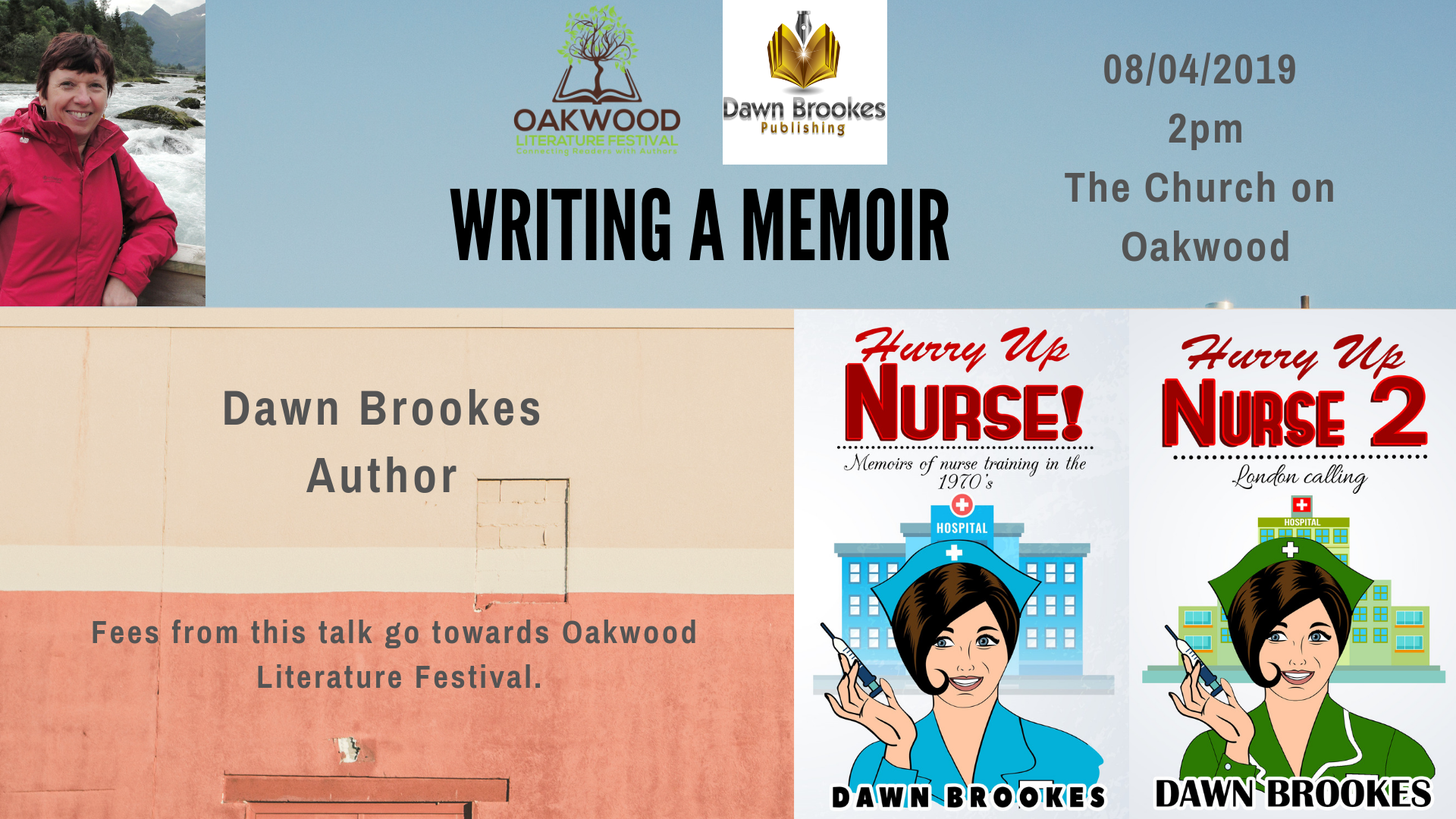An author’s take on reviews
Bad Reviews: Do they make or break authors? I’ve recently come across a number of posts by authors on social media feeling hurt by negative reviews. The temptation is to want to hit back, have the reviews removed (not going to happen), or be reassured by others that the reviewer is the enemy which is not the case. When I received my first one-star review, like so many authors before me, I was devastated. How can someone dismiss my work out of hand when it took months and months to create something decent enough to put out there? It turns out, quite easily in fact because mostly it’s not personal. It was amazing how, in spite of loads of positive reviews, all I could see was that one-star - I read it over and over - it was almost like self-mutilation. Many authors respond in the same way because we are seemingly programmed to focus on the negatives! I have since realised that bad reviews are quite acceptable and the one and two star reviewer is entitled to his/her opinion, after all that’s what the review process is all about. Not only that, but when I got things in perspective, I realised I had arrived as an author. Every author has one-star reviews at some point. The reality is that not everyone is going to like your book. Once an author puts their work out there, its in the public domain and someone, somewhere is not going to like it. Some reviewers will be just plain rude about it. Since that first low star review, I have developed a thicker skin in terms of reviews but if the reviewer offers any useful nuggets of information as to why they didn’t like the book rather than comments like, ‘utter drivel’, I will…



